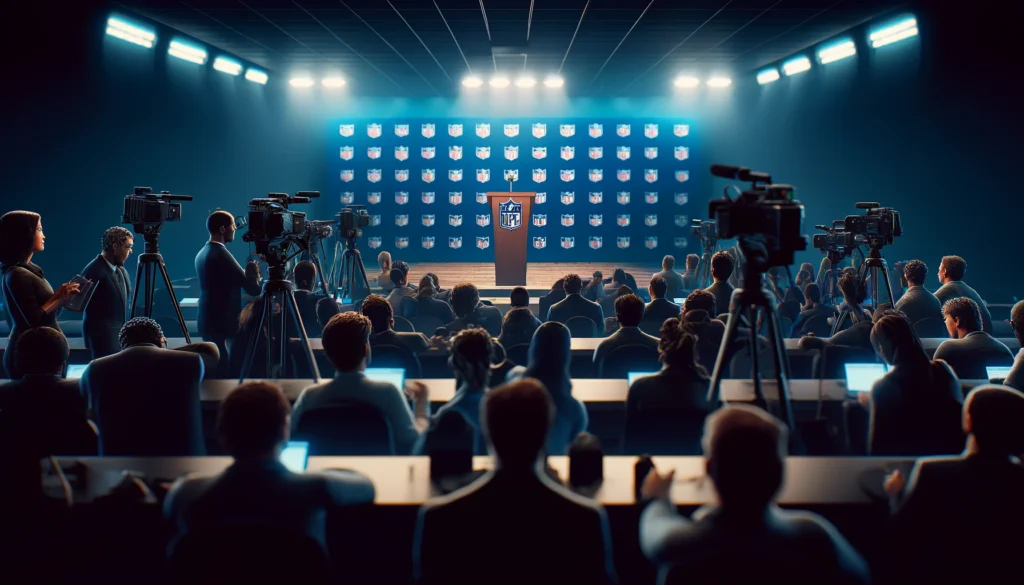In an explosive revelation, New England Patriots owner Robert Kraft reportedly called Atlanta Falcons owner Arthur Blank in January to warn him about trusting former Patriots coach Bill Belichick, leading to the Falcons’ decision to hire Raheem Morris instead. The startling call, divulged by ESPN on Wednesday, followed Belichick’s nearly 25-year tenure with the Patriots and occurred just a few days after his meeting with Blank on the latter’s yacht, where the two discussed possible employment.
According to sources, Kraft provided a strikingly candid evaluation of Belichick’s character, leading Blank to reevaluate his decision to potentially hire the former Patriots head coach. This damaging account of Belichick was confirmed by close acquaintances of both Kraft and Belichick. Furthermore, insiders claim that Kraft was a significant factor as to why the Falcons passed on hiring Belichick, stating that establishing a familial coaching atmosphere would be improbable with the controversial coach.
The conflict between Kraft and Belichick stems from the latter’s alleged involvement in leaking stories. Moreover, Kraft found Belichick to be exceedingly stubborn, uncooperative, and ultimately untrustworthy due to his perceived arrogance. While the Kraft family reportedly felt betrayed by Belichick, insiders do not believe that they would deliberately attempt to damage his career – nor would they actively support him.
Considering Belichick’s deteriorating performance during his final years with the Patriots, one is left to wonder why Blank would willingly expose himself to such complications. This intriguing turn of events adds another layer to the tangled world of NFL coaching dynamics, shining a light on the undeniable significance of trust, loyalty, and communication among team owners and their coaching staff. All things considered, whether these allegations hold substantial weight remains uncertain – but one thing is clear: in the high-stakes game of professional football, the lines between ally and adversary are increasingly blurred.



